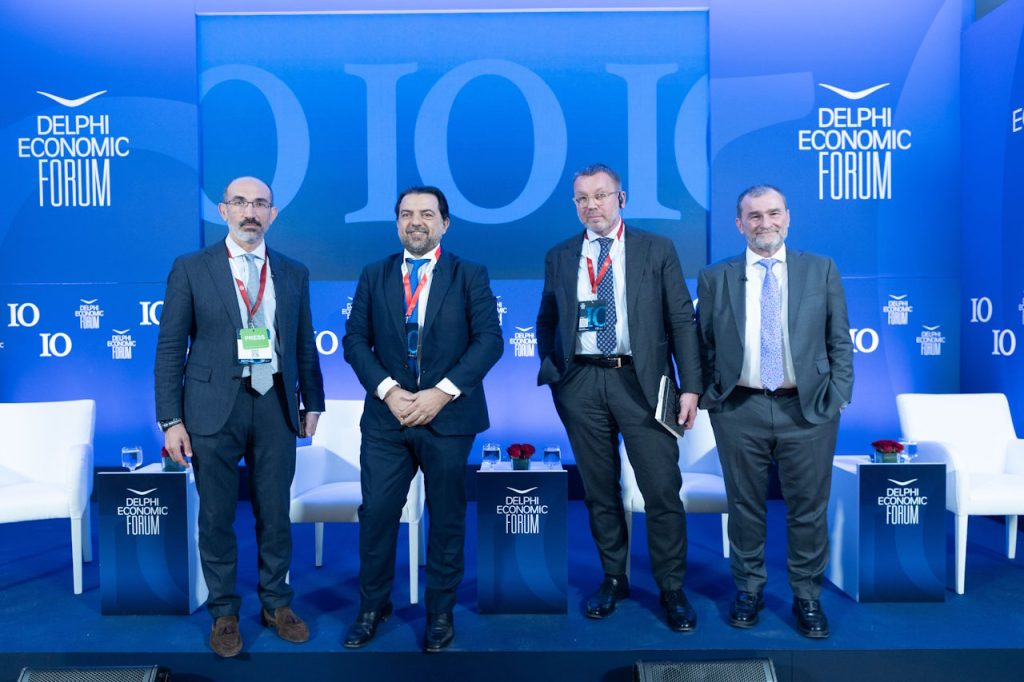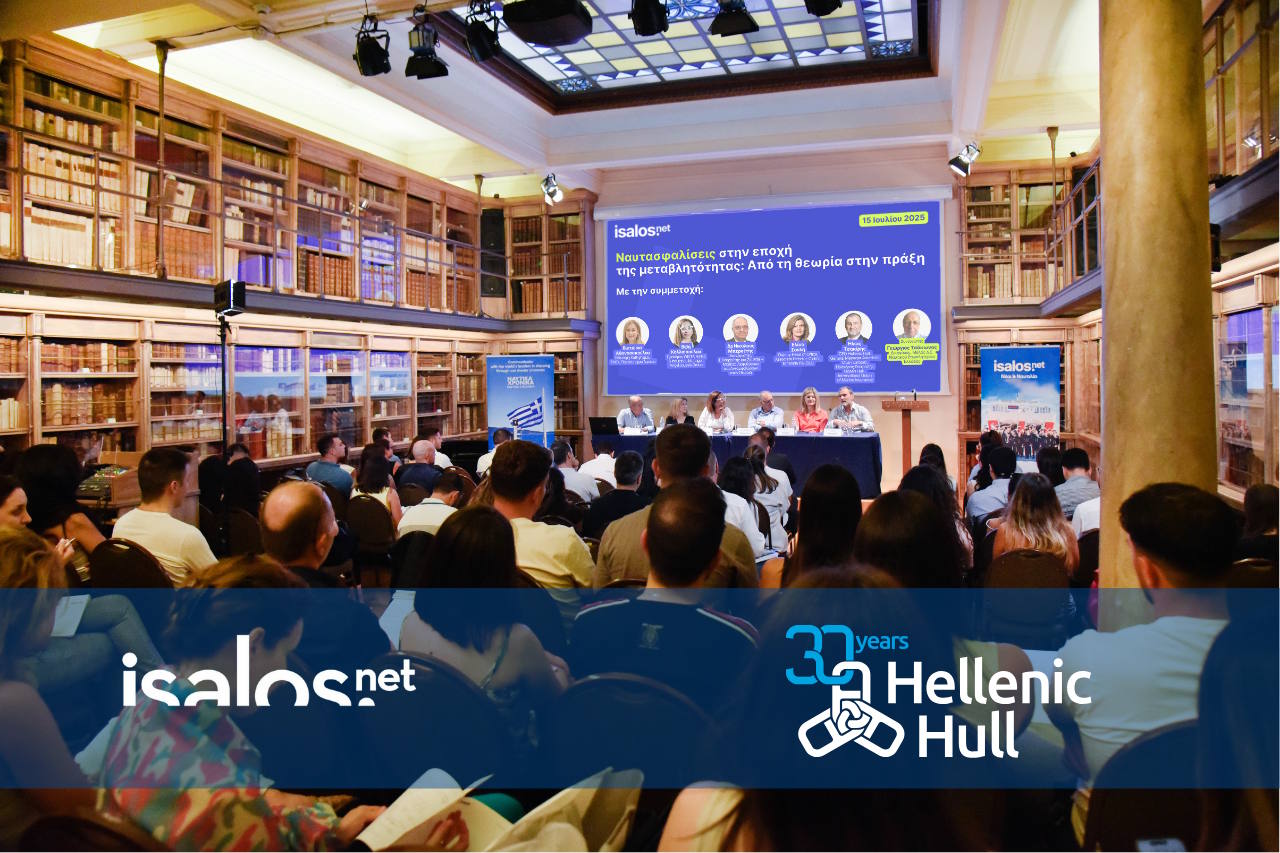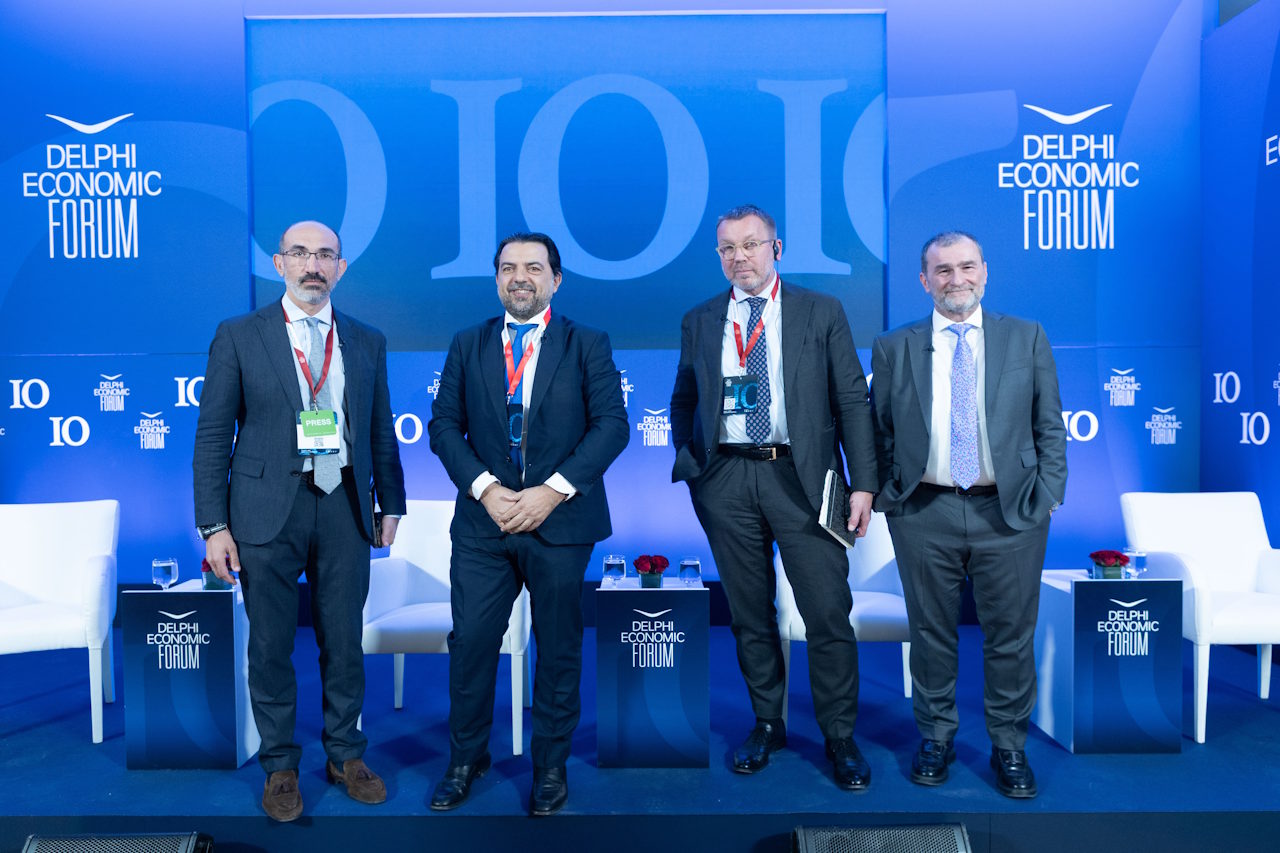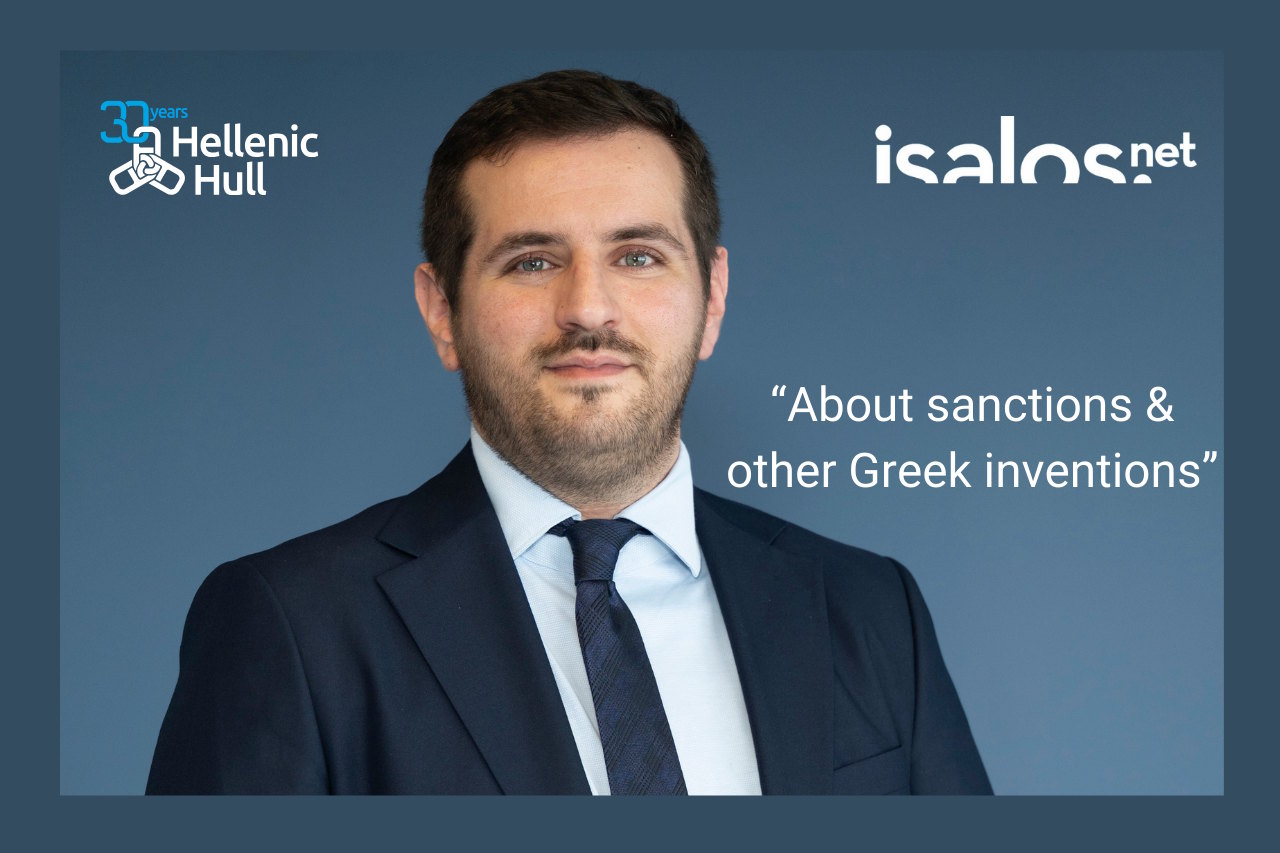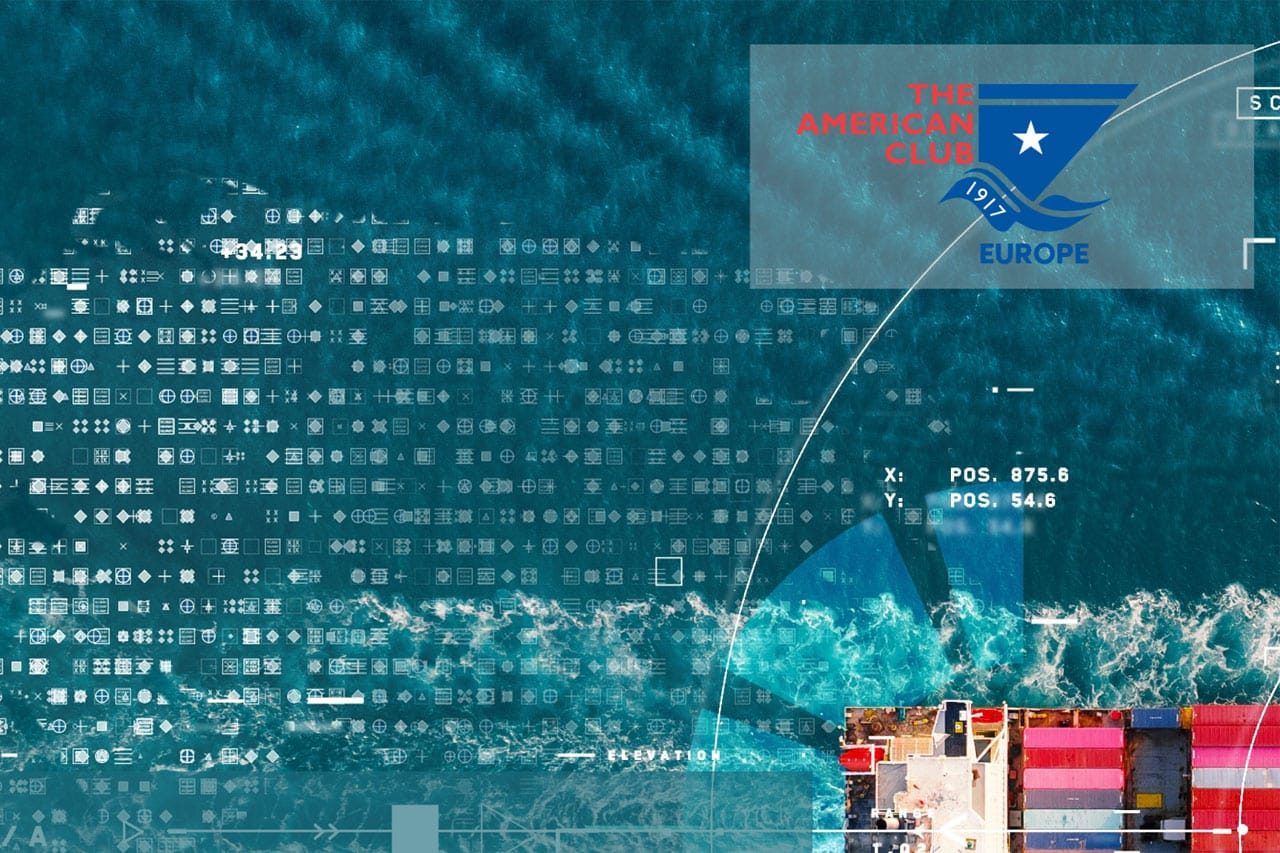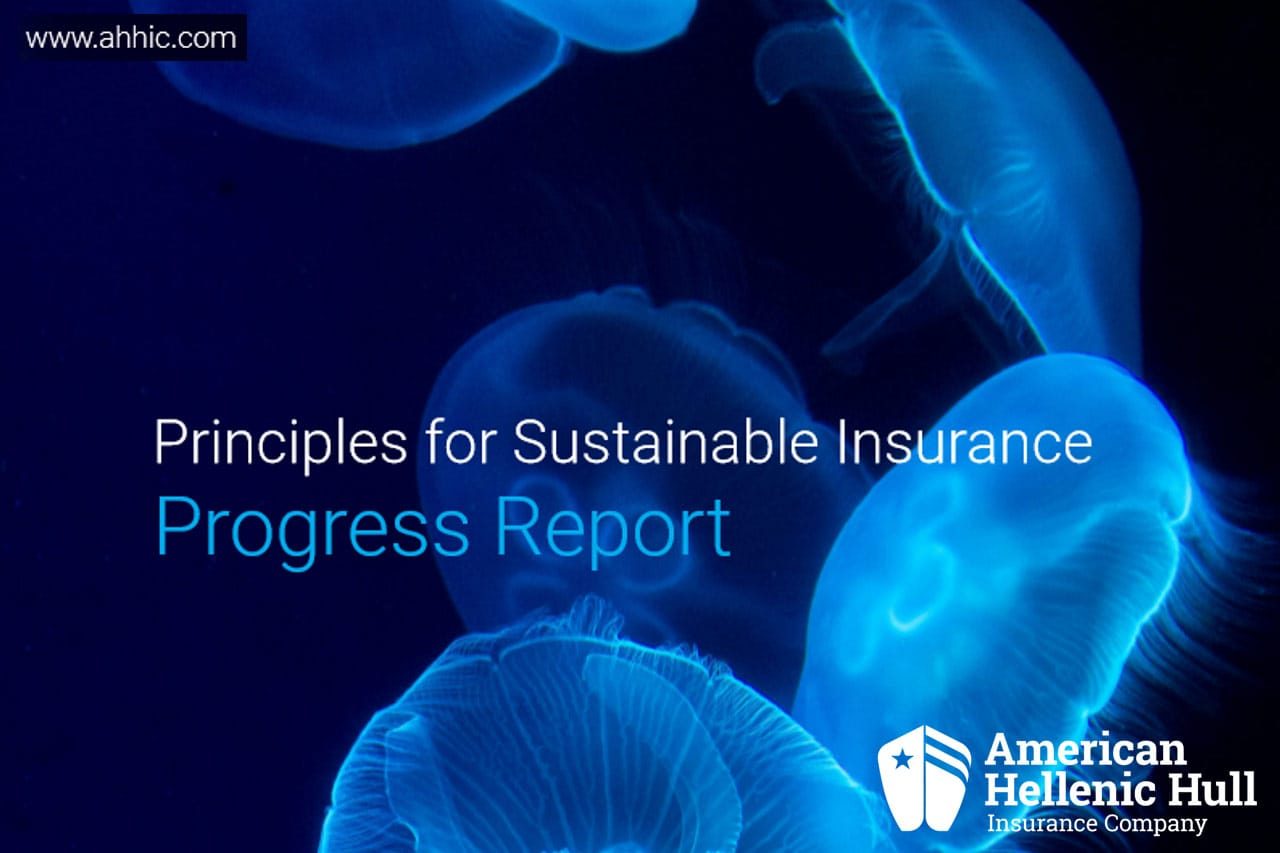George Alexandratos, President of the Hellenic Chamber of Shipping, spoke alongside Lars Lange, Secretary General of the International Union of Marine Insurance (IUMI), and Ilias Tsakiris, General Manager of American Club Europe. The discussion was moderated by journalist Konstantinos Spirou from Nextdeal.gr, with IUMI as the programming partner.
Tariffs, ESG (Environmental, Social, and Governance) goals and expectations and the Greek Maritime Cluster were at the heart of the discussion.
Tariffs, Shipping and Marine Insurance
Lars Lange, Secretary General of IUMI, opened the panel by stressing the uncertainty surrounding new tariffs.
“Things are changing by the hour. Tariffs are already impacting the maritime industry, and this also includes marine insurance. The consequences could be especially hard for the most exposed economies,” he noted.
Ilias Tsakiris explained how new U.S. tariffs are causing major concern. Vessels built in China and owned by Chinese companies may face fees of up to $1.5 million per port call.
“It’s difficult to map risks under these conditions, and that’s what we, as insurers, are expected to do. If these tariffs remain, we’ll see major changes in global shipping routes,” Tsakiris said.
He added that Greece, which currently lacks a developed marine insurance market, may be less exposed for now. However, he emphasized the need for legal reforms, educational development, and a supportive tax framework to grow the sector in Greece and Cyprus.
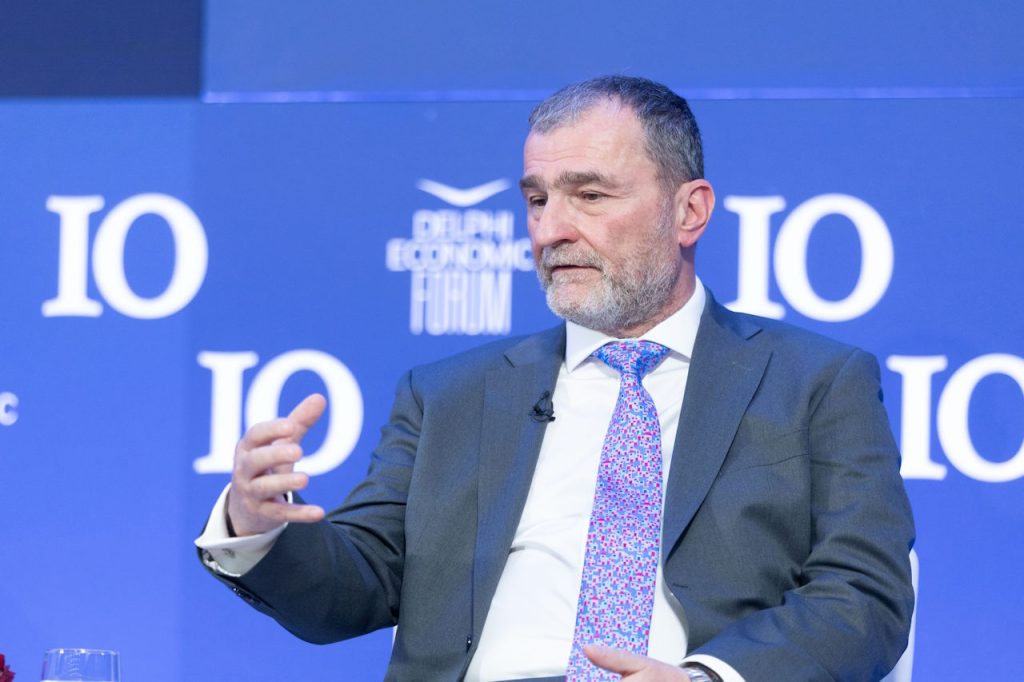
George Alexandratos, President of the Hellenic Chamber of Shipping, offered a historical perspective.
“We’ve seen tariff battles before—under Presidents Bush and Trump—and now we’re seeing it again. These measures ultimately raise costs and affect everyday consumers,” he stated.
George Alexandratos noted that with China building 40% of the global fleet, and Korea and Japan contributing another 40%, the implications of tariffs on Chinese-built ships are significant. He welcomed the U.S. move to re-enter the shipbuilding industry, saying it shows how critical maritime business has become.
The 2050 Climate Goal: An Industry in Transition
The conversation then shifted to shipping’s role in achieving carbon neutrality by 2050.
“Shipping was left out of the Paris Agreement. Instead, the responsibility fell to the International Maritime Organization (IMO), and the industry has taken that very seriously,” said Lars Lange.
He explained the IMO’s three-step approach: short-, mid-, and long-term measures to reduce emissions. A key topic at the IMO’s current meeting (MEPC 83) is agreeing on mid-term strategies, including the use of alternative fuels such as ammonia, methanol, or even nuclear. However, the recent announcement from the U.S. withdrawing its support for the IMO’s decarbonization plans has cast uncertainty on these efforts.
Lars Lange emphasized collaboration: “We see a team effort—shipowners, fuel suppliers, designers – everyone is trying to contribute. Marine insurers are also stepping in by sharing knowledge on risk, especially with new fuels and designs.”
Ilias Tsakiris agreed that the intention to meet the 2050 goal is clear. “The investments being made in high-tech, low-emission vessels show that shipping is trying to adapt. The challenge is that the future fuel is still unknown – whether it’s ammonia, methanol, hydrogen, or something else, like nuclear.”
He also pointed to political instability. “USA may pull out now, but elections come every four – five years. Even if the USA pulled out of IMO decarbonization efforts today, that could change. Ordering a ship today means it will be ready in 3 – 4 years. So, today’s decisions matter.”
Geroge Alexandratos emphasized that what shipping needs most is consistency.
“Shipping carries 90% of world trade. But despite our size, we contribute only 2% of global CO₂ emissions. We’re committed to improvement, but we need a clear path – right now shipowners don’t even know which fuel to invest in.”
He called for expert voices from associations like the Union of Greek Shipowners and International Chamber of Shipping to lead the way, warning that uncertainty or rumors alone can hold back progress.
ESG: More Than a Buzzword
The panel also focused on ESG, which has become a major priority for insurers and shipowners alike.
“ESG is more than just a checklist. At IUMI, we’ve had it on the agenda since 2019. We’ve built an ESG watchlist covering ship recycling, illegal fishing, seafarer wellbeing, and of course, decarbonization,” said Lars Lange.
He stressed that insurers are now factoring in ESG considerations during risk assessment – even if these cannot be priced, they must be managed.
Ilias Tsakiris added that his company is deeply involved. “We helped develop the UN’s first Principles for Sustainable Insurance Management Guide, and we’re among the founding members of the Poseidon Principles for Marine Insurance. We’re trying to measure emissions from our insured portfolio to assist our clients align with the new regulations.”
He highlighted a major cultural shift in the industry.
“In the past, shipowners and insurers were often on opposite sides. Today, we face the same risks. ESG isn’t a trend – it’s a mindset that insurers must adopt if they want to stay in business.”
Greek Maritime Cluster
The session concluded with a message of optimism.
“Optimism will never be taxed,” said George Alexandratos with a smile.
He reminded the audience that shipping is not just about vessels and seafarers-over 100 professions are tied to the maritime sector.
"We aim to spread awareness that shipping offers real opportunities. With humanitarian efforts like those of Syn-Enosis, our industry gives back over €400 million annually to support social causes. That’s something we should all be proud of."
